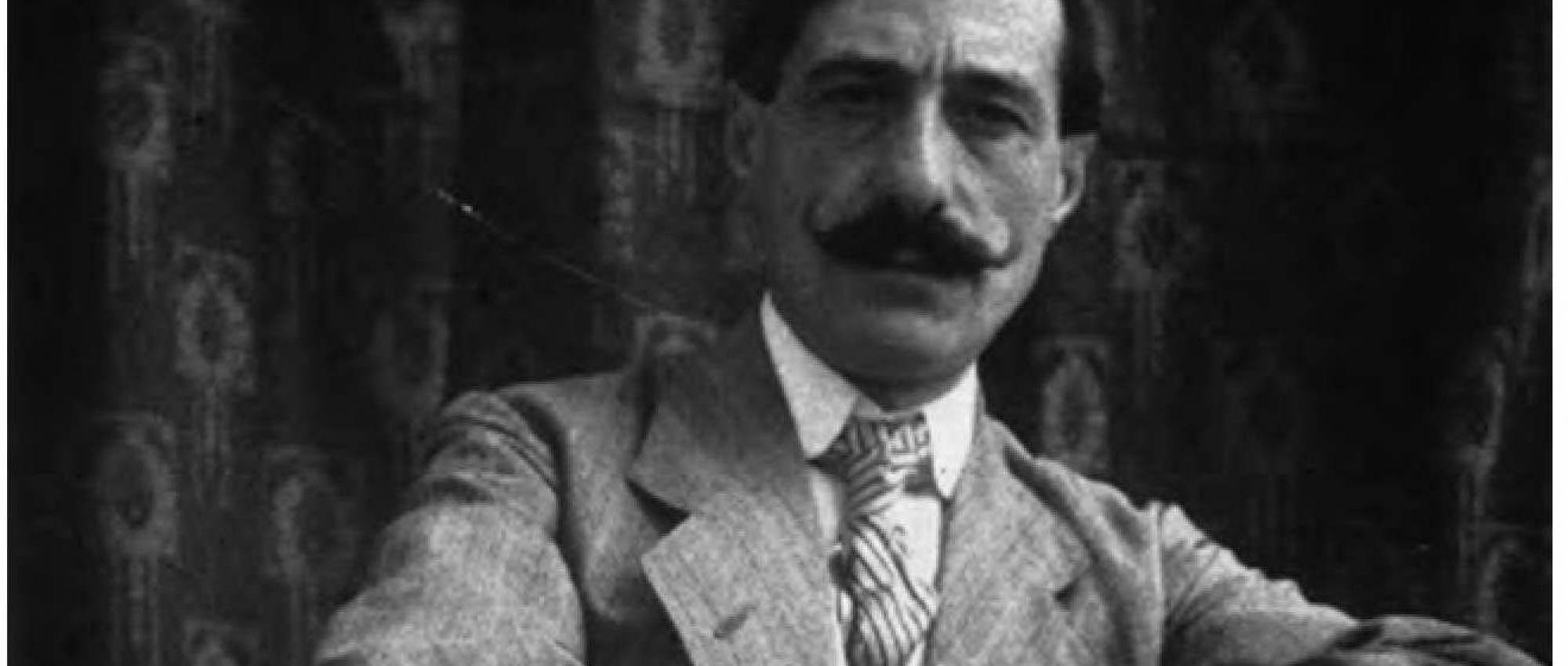Segundo de Chomón The magician of silent film
 Segundo de Chomón. Public domain
Segundo de Chomón. Public domain
If anyone was able to put Georges Méliès in the shade, it would be Segundo de Chomón (1871-1929). He was one of the most important pioneers of the early years of cinema, particularly for his expertise with special effects. He was born in Teruel, although he divided his professional career between Barcelona, Paris and Turin. Producers and directors from around the world couldn’t resist his cinematic "tricks".
At the turn of the 19th and 20th century he set himself up in Barcelona, where he began to experiment in the field of cinematic special effects: first from his own production company (Macaya y Marro) and then for the most important film production company in the world, Pathé. It was at this time that he shot his best known film, L’hotel elèctric (The Electric Hotel, 1905), in which, for the first time in the history of cinema, he used the step-crank process (frame-by-frame animation, the precursor of stop-motion).
During his time in Paris, he shot many of his more surprising short films, both boundlessly imaginatively and technically innovative. One of them was the Excursion dans la lune (Trip to the Moon, 1909), an adaptation of Voyage dans la lune (Voyage to the Moon, 1902) by Méliès. The filmmaker hand-coloured the tape, a technique in which he was a pioneer.
Although his name was little known among the general public, he enjoyed prestige within the sector. He even collaborated with the directors Ferdinand Zecca (La Passion de Notre Seigneur Jésus Christ, The Passion of Christ; Le pêcheur de perles, The Peal Fishers) and Giovanni Pastrone (Cabiria) as camera operator and special effects technician. We must not forget that the filmmaker from Aragon can be considered the inventor of ‘travelling’ or ‘dolly shot’. His career culminated with Napoleon (1927), directed by Abel Gance, in which he used a system that would become the gateway for panoramic formats.
He died prematurely shortly before talking films took off, leaving a very important legacy for the development of the art of cinema.